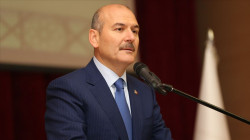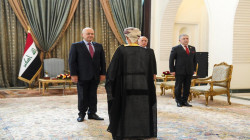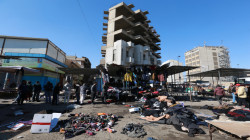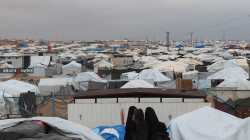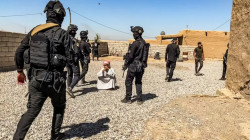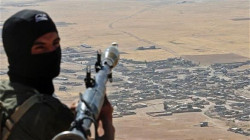Iraq’s forgotten children: Orphans of war left to scavenge for survival
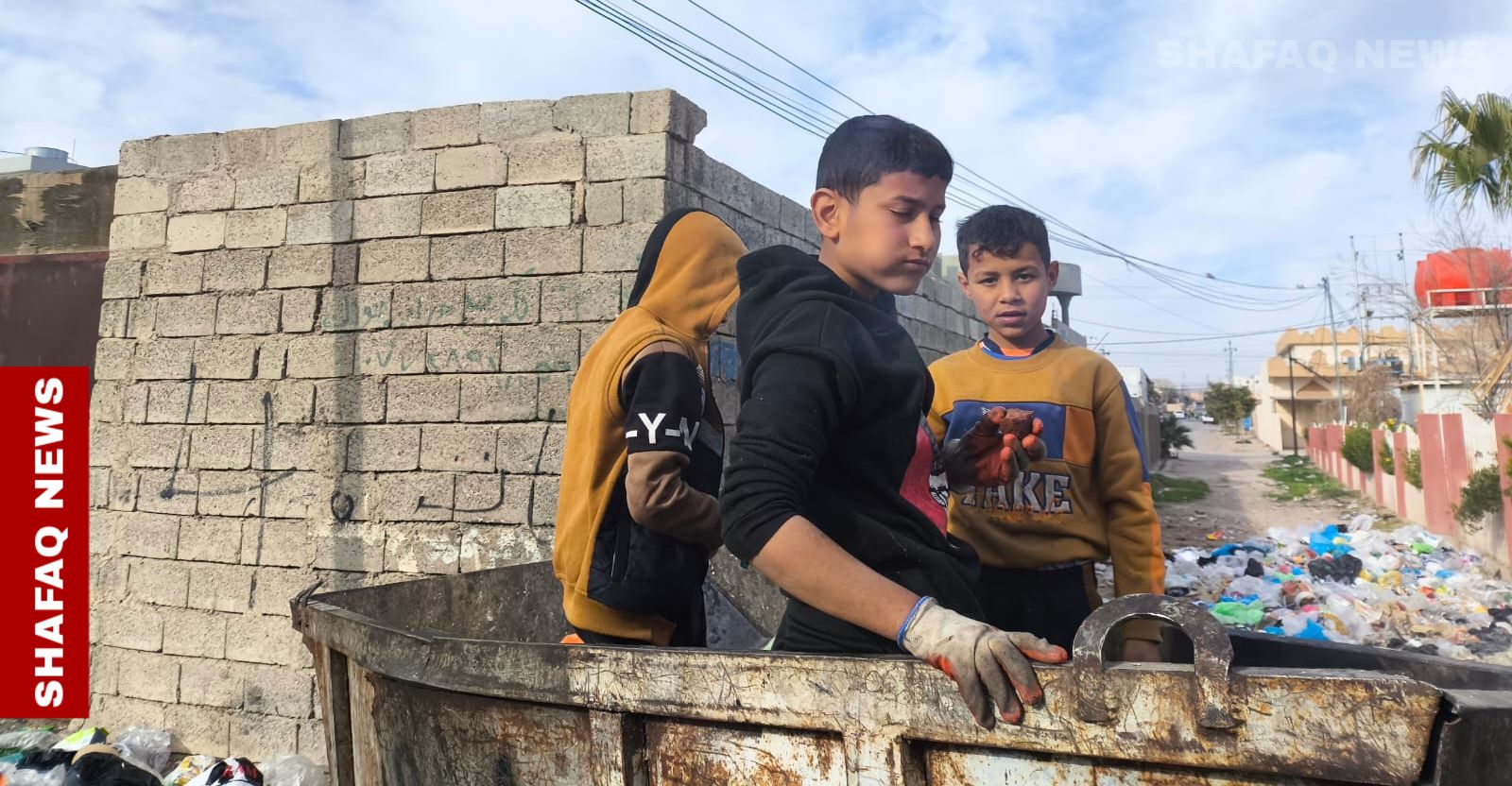
Shafaq News/ In the town of Qarach, many residents were uprooted from their homes at a young age due to ISIS’s brutal campaign. Now, teenagers, they are acutely aware of their difficult circumstances. Many lost their fathers to ISIS-led abductions or Global Coalition airstrikes, leaving families trapped in a cycle of uncertainty and hardship.
Among them is Mohammed Khalaf, an 11-year-old boy who now resides in makeshift housing in Kirkuk. Originally from a village in Nineveh, his family—like many others from Nineveh and Saladin—has sought refuge in Kirkuk, reluctant to return to their devastated hometowns. With informal housing and access to labor opportunities in local markets, Kirkuk offers a semblance of stability despite the harsh living conditions.
Mohammed and two close friends have formed a bond over their shared struggle for survival—scavenging through garbage in Kirkuk to collect recyclable materials. Selling discarded cans and other items has become their primary source of income.
"The work isn’t for me; it helps feed my family," Mohammed told Shafaq News. His family lives in an informal settlement on the outskirts of Kirkuk’s Wahid Huzairan district. With limited options, his mother also gathers empty soft drink cans, earning between 10,000 ($7.60) and 15,000 ($11.40) Iraqi dinars per day.
Describing his daily routine, Mohammed recounted, "Today’s breakfast was a lucky one. My friends and I tore open garbage bags, collecting cans first. After that, we found leftover cake, pizza slices, and even an unused electronic cigarette. We divided the food, ate on top of a dumpster, and then took turns smoking the cigarette."
From dawn until sunset, Mohammed roams the streets, filling his cart with anything of value. At the end of each day, he sorts his findings and sells them to traders who purchase materials by weight.
Ammar Hassan, a 10-year-old boy, shares a similar fate. Born in a remote village near Tal Afar under ISIS rule, he has never known stability. His father was executed by ISIS on undisclosed charges, forcing his mother to flee to Kirkuk, where they now live in an informal settlement.
Lacking official identification, Ammar is unable to enroll in school or access public services. "The work is exhausting, but it puts food on the table," he said. "We search for cans, gather scraps, and eat whatever we find in the garbage. No one stops us—it’s just the way we live."
Without legal documentation, children like Ammar face a bleak future. "We make some money by collecting scraps from restaurants, but without IDs or guardianship, we are trapped in this cycle of displacement," he added.
A Generation in Peril: Government Inaction
An estimated 4.7 million Iraqi children were affected by ISIS rule, experiencing displacement, lack of vaccinations, loss of family members, and severe physical and psychological trauma. According to official reports, at least 3.5 million children dropped out of school during the conflict.
For many, their circumstances remain unchanged. They continue to live in limbo—without education, proper shelter, or prospects for a brighter future. As Iraq looks to rebuild, the fate of these children hangs in the balance.
Today, over a million Iraqis remain displaced, many residing in informal settlements with minimal access to essential services, including education, healthcare, and legal documentation.
The suffering of displaced children is part of a larger crisis. Arshad Al-Salihi, head of the Iraqi Parliamentary Human Rights Committee, expressed deep concern over the government’s failure to protect Iraq’s most vulnerable citizens.
"Childhood in Iraq is neglected. Hundreds of children require government intervention. A child is the future wealth of a nation, yet in Iraq, they are abandoned to fend for themselves," Al-Salihi told Shafaq News.
He emphasized that many displaced families in Kirkuk live in extreme poverty, leaving children with no choice but to work instead of attending school. "By global standards, every child is entitled to education, healthcare, and psychological rehabilitation. Yet, in Iraq, government negligence has deprived them of these fundamental rights," he added.
Particularly vulnerable are minority communities such as the Yazidis, many of whom endured genocide and the loss of their parents. "The government has not provided adequate rehabilitation programs or a roadmap for a stable future," Al-Salihi noted.
